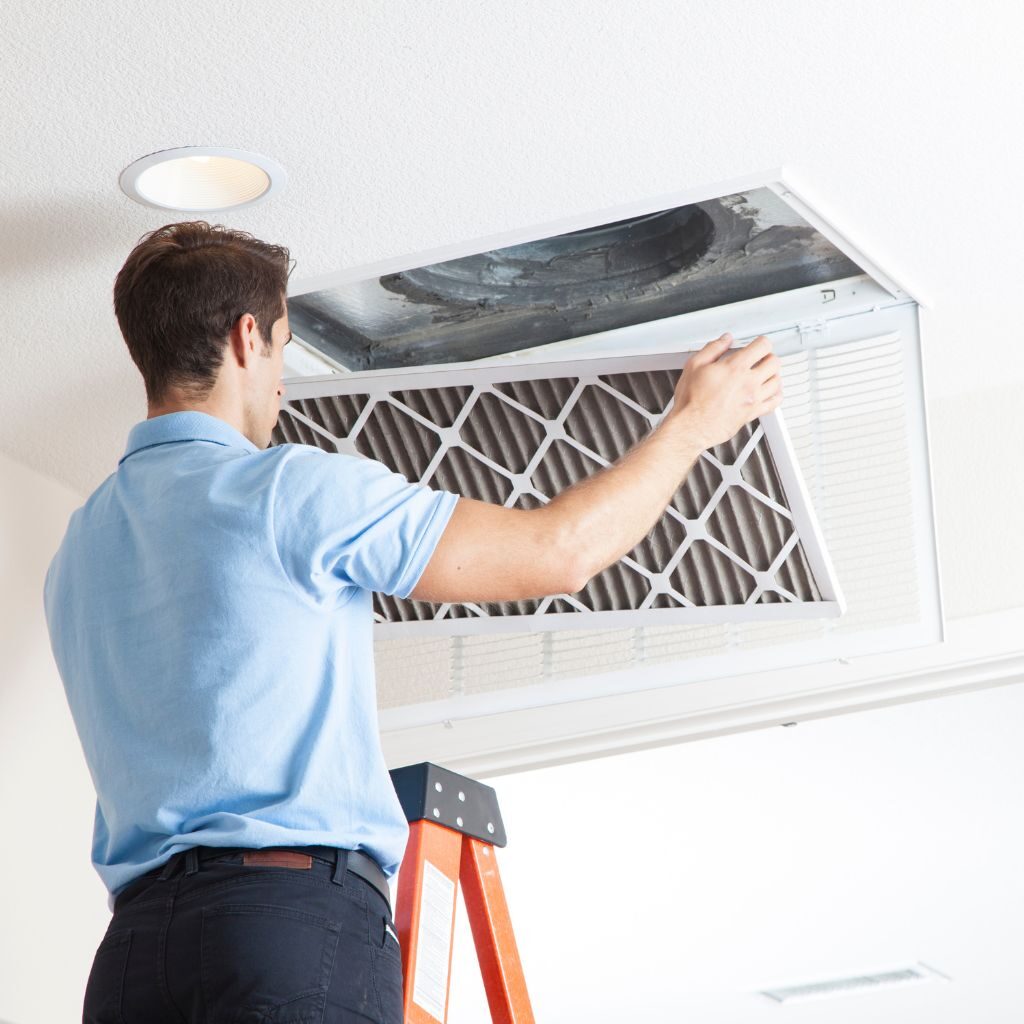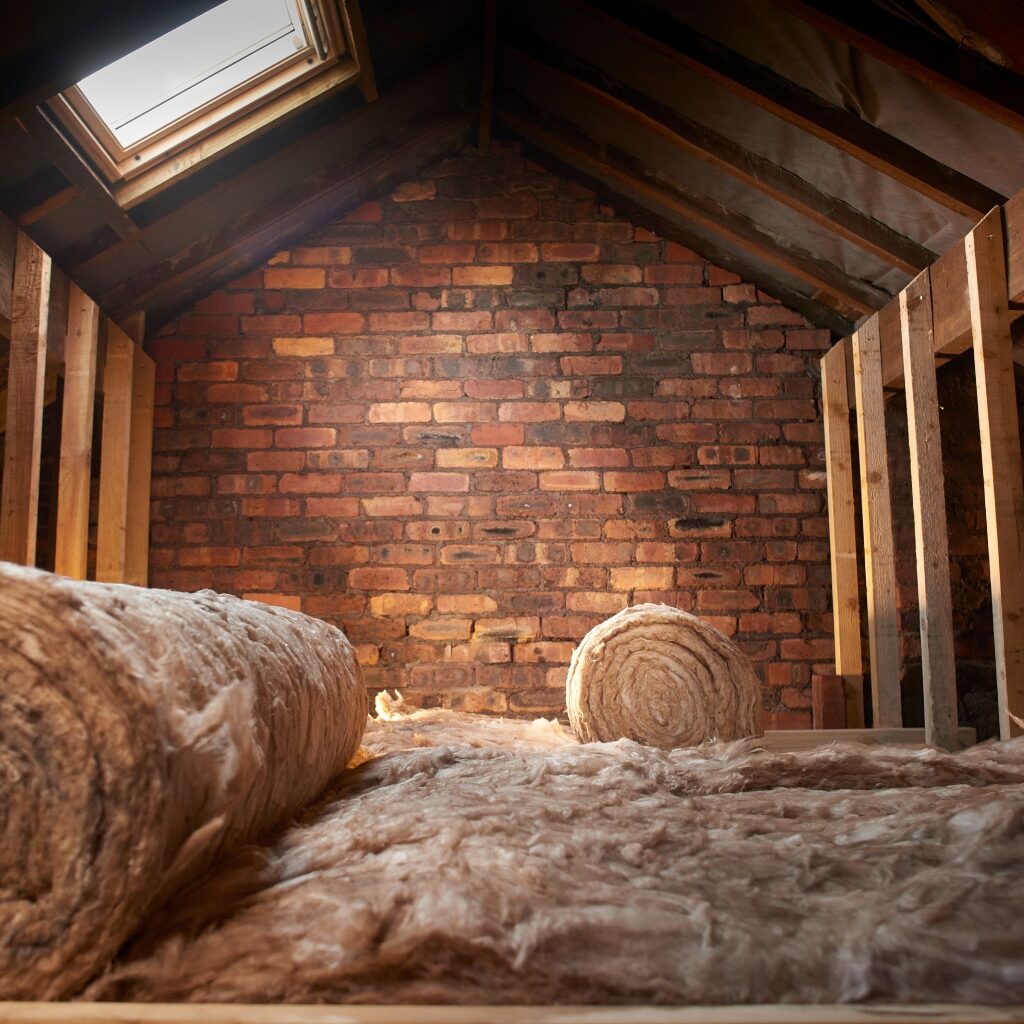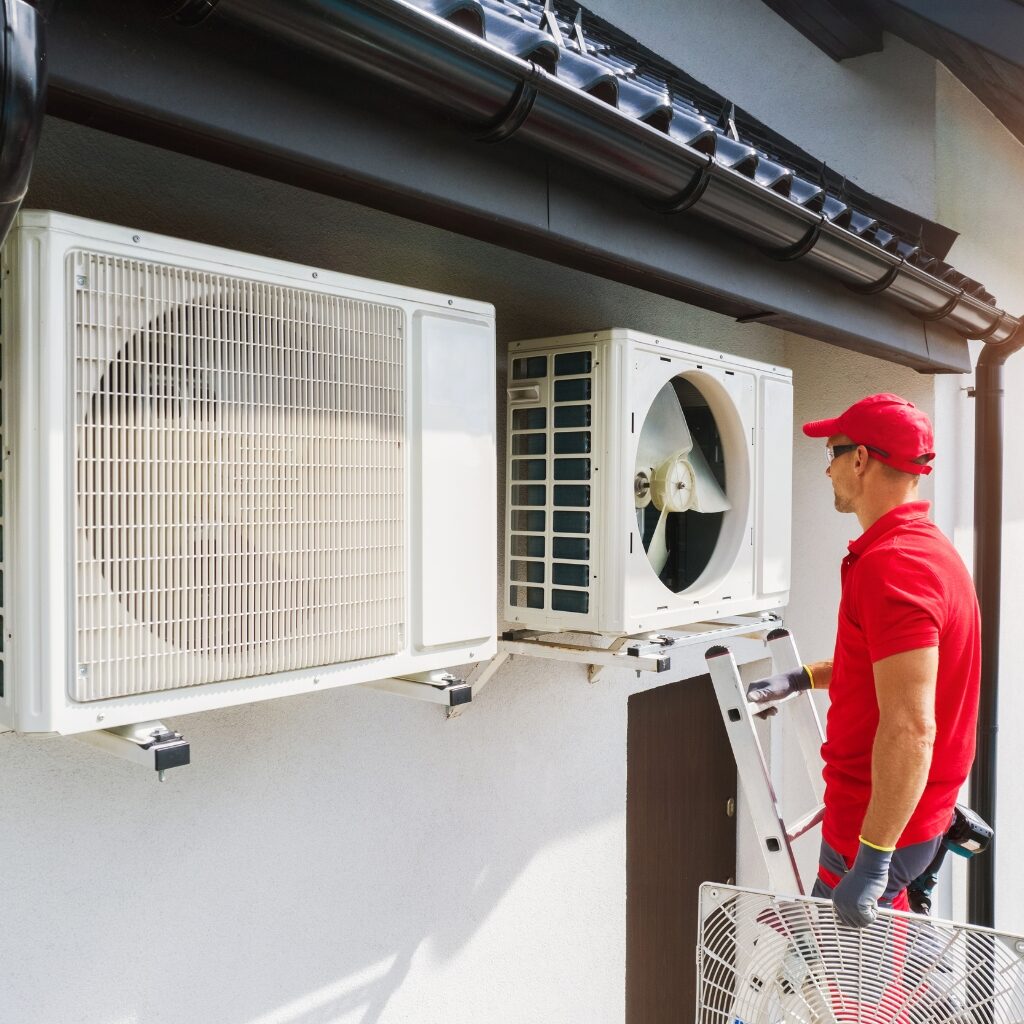Energy Saving Tips for Westcoast Homeowners
Homeowners on the Westcoast and in the Metro Vancouver, in particular, have unique challenges when it comes to energy cost savings. Thanks to the mild climate and abundance of natural resources, there are many ways to reduce HVAC costs without sacrificing comfort!
To reduce the costs associated with keeping your home comfortable, here are some top energy-saving tips:

Install a Programmable Thermostat
Installing a programmable thermostat is one of the most innovative ways to keep your home comfortable while conserving energy and saving money. With a programmable thermostat, you can customize temperatures for different times of the day and night, allowing you to maintain a comfortable atmosphere without constantly adjusting settings. Not only will this convenient feature lead to better energy efficiency in your home, but it can lower heating and cooling bills by an impressive amount. Plus, installation is easy, so you don’t have to put too much effort into keeping yourself comfortable! We use them on our personal homes to set different temperatures for different times of the day. Like, who needs to crank their heat from 12-4 each morning?
Change Your Air Filter Regularly
The air filter is an often overlooked item that can cost you money in energy bills and reduce the life of any heating and cooling system. Dirty, clogged air filters restrict airflow throughout your home, resulting in strain on the HVAC system. This strain may lead to higher energy bills, premature breakdowns, or expensive repairs. To ensure that your family has clean air while keeping your energy costs low, change your air filter when needed, typically every three months or more if you have pets, allergies, or live in a high-pollution area. You could save money and frustration later by making this minor effort now! We recommend grabbing them in three-packs and stashing them away.

Keep Vents Clear
Keeping your HVAC system’s vents free and clear is essential for ensuring the most effective airflow in your home and reaping the monetary rewards of having an efficient heating and cooling system. Cluttered or blocked vents hamper air exchange, reducing air quality as well as putting a strain on your HVAC unit, which can result in higher than necessary energy costs and less longevity from your system. As simple as it may seem, taking a few moments to check all of your vents regularly for obstructions can significantly impact your pocketbook and comfort levels at home.

Utilize Natural Light
Natural light is a powerful and vital resource that should not be overlooked. Taking advantage of existing sunlight can reduce energy costs and conserve energy in the long run. Not only is this good for the environment, but it can also help save you money on energy bills that might otherwise take up a large portion of your monthly budget. To maximize the use of natural light, open up all available blinds and curtains during the day, keeping shades light-coloured so they don’t block out too much sun. Consider installing skylights or other tools to help keep your home adequately illuminated with natural light — a simple retrofit may often make all the difference! So remember: in addition to being energy-efficient, maximizing natural light can make all the difference in managing your household budget.
Seal Air Leaks
Sealing air leaks around windows, doors, and other crevices in your home can have big payoffs when it comes to energy efficiency. Checking your home annually and re-caulking or applying new weather-stripping where needed greatly reduces indoor air leaking out and outside air sneaking in. This creates a tighter seal, leading to lower heating and cooling bills and increased comfort levels inside the house. Additionally, with greater efficiency of the HVAC system comes less wear and tear, preserving its life for years to come. Check all around your windows, doors and other places where air can leak out of your home today and seal them with caulk or weather-stripping for improved energy savings tomorrow!
Make Sure Your Home Is Well Insulated
Keeping your home environment comfortable, no matter the season, can require a lot of energy. In these unpredictable westcoast times, with heightened environmental concerns, any way to reduce our energy use is worth considering, right? One such way is to insulate walls, attics and crawlspaces to reduce the need for heating or cooling from artificial means. Doing so will also help prevent your home from becoming too hot in the summer or too cold in the winter, making it a much more comfortable and enjoyable living space for you and your family. If you want to be wiser about energy usage, consider how insulating your home can create a healthier indoor environment while reducing energy consumption.


Regularly Maintain Your HVAC System
Having an HVAC system serviced by a certified technician is a great way to maintain optimal performance without requiring overwhelming energy-consuming repairs. Doing this at least once a year prevents your HVAC system from experiencing breakdowns. The technician can detect any underlying problems early on and prevent them from ultimately leading to bigger issues. Additionally, servicing your HVAC system regularly increases its energy efficiency, saving you money over time — not to mention providing you with the critical role of improving indoor air quality! Undoubtedly, having an HVAC system serviced by a certified technician is essential to keeping your home functioning optimally year-round.
Regular maintenance is key to keeping your system running smoothly, as it prevents breakdowns, improves air quality and keeps energy costs down. Contact us today for more information on our services or to schedule an appointment!
Key Takeways
| Top energy-saving tips | Description |
|---|---|
| 1. Install a Programmable Thermostat | Customize temperatures for different times of the day and night to maintain a comfortable atmosphere without constantly adjusting settings. Lower heating and cooling bills by an impressive amount. |
| 2. Change Your Air Filter Regularly | Dirty, clogged air filters restrict airflow throughout your home, resulting in strain on the HVAC system. This strain may lead to higher energy bills, premature breakdowns, or expensive repairs. |
| 3. Keep Vents Clear | Cluttered or blocked vents hamper air exchange, reducing air quality as well as putting a strain on your HVAC unit, which can result in higher than necessary energy costs and less longevity from your system. |
| 4. Utilize Natural Light | Take advantage of existing sunlight to reduce energy costs and conserve energy in the long run. Open up all available blinds and curtains during the day, and consider installing skylights or other tools to help keep your home adequately illuminated with natural light. |
| 5. Seal Air Leaks | Checking your home annually and re-caulking or applying new weatherstripping where needed greatly reduces indoor air leaking out and outside air sneaking in. This creates a tighter seal, leading to lower heating and cooling bills and increased comfort levels inside the house. |
| 6. Make Sure Your Home Is Well Insulated | Proper insulation can greatly reduce the energy required to keep your home comfortable, no matter the season. Check the insulation in your attic, walls, and floors to make sure your home is well-insulated and consider adding more if needed. |
